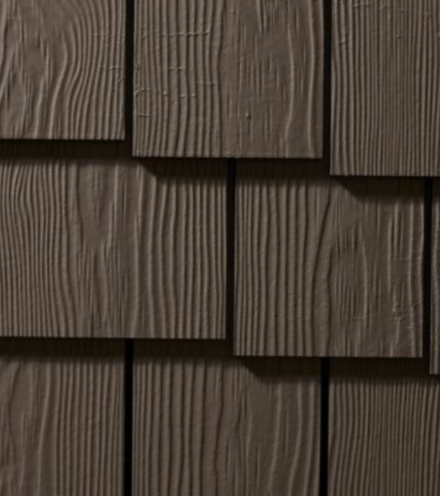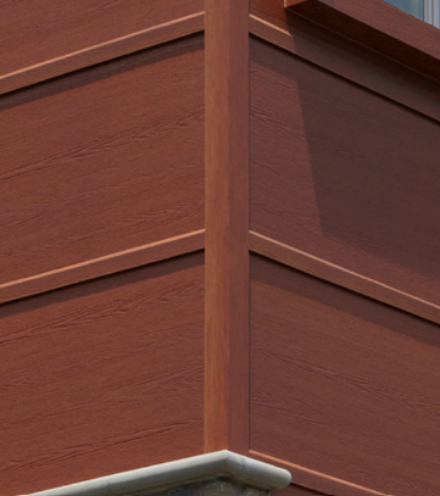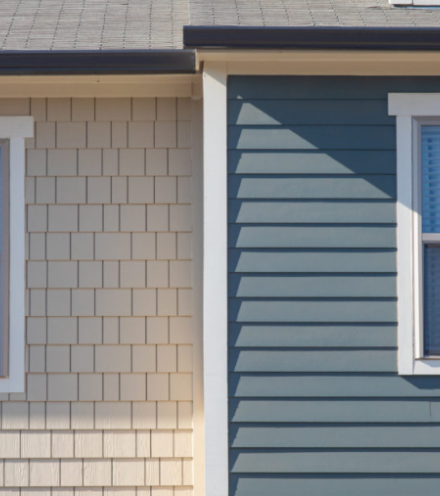If you’re better than the other builders in your area, shouldn’t your website reflect this?

The goal of a good website should be to:
- Have your site be more memorable than your competitor’s, so homeowners are more likely to remember you in the future
- Engage visitors so they want to explore, come back, and learn more about you and what you can do for them, such as viewing your portfolio or reading testimonials
- Help potential new clients find you, rather than you constantly needing to go after them.
So when your website is displaying the things you really want your potential clients to see, it makes it easier to get conversions and new business, because it’s easier to convey your expertise.
Five Things to Consider When Selecting a Web Design Firm
Just like you’re an expert in home building, web designers are experts at what they do. Which is why you shouldn’t reach out to a web design firm that's less accomplished in its field than you are in yours.
Here’s five ways to determine if a web designer is a good choice for you.
1. Does Their Design Style Match Yours?
You build every day, and you have a distinctive style that sets you apart from the other builders. So your website needs to showcase that. If the designer you’re using simply uses a template, your site will end up looking all the others. You want a custom design that makes your site as unique as the homes you build. If the designers’, and their clients’, sites looks like they're based on a template, that’s what you’ll be getting for your site as well. If the designer is producing fresh work that is tailored to each one of his clients, then you’re likely to get the same.
2. Do They Build Responsive Sites?
Everyone says they do, but be sure to look at a few sites the designer has built. Not all homes are built the same and not all websites are either. As you already know; there are many ways to build something. Google's mobile search algorithms demote websites that are not built well for responsive/mobile design. If a web designer's responsive sites don’t work well, then your responsive site isn’t likely to work well either.
3. Do They Search for the Ideal Keywords Through Google?
Is the designer you’re considering able to research what phrases people are searching on Google to find your products and services? Google can tell you exactly what phrases people use to search for exactly what type of building work you do. Don’t guess! Using the wrong word or phrase will not help people find your site (unless they search for you by name). And since more people don’t know you than do, the right keywords are critical, since that’s how they’ll find you.
4. What Content Management System Do They Use?
A content management system (CMS) is like getting a new car – or spouse. If the CMS isn’t low maintenance, it’ll make life more difficult than it needs to be.
Make sure it’s not some obscure CMS software, because if you need to find a new web designer, you want your site built in software that other web designers know, so it’s easy to make that transition. Make sure the CMS they’re using is either Wordpress, Drupal, or Joomla. Those are the “big three."
5. Are They Keeping Up On Google’s Always-Changing Algorithms?
Google’s algorithms change often, so if a design firm can’t share what Google’s algorithms currently are, be concerned. Google is ranking your site based on your visitor’s perception of the value your website. Do they stay on the site long? Do people link back to your blog because there’s good information? How quick is the load time? These, and many others, are critical issues that get your site liked by search engines.

The Importance of Updating Your Website
Blogging is still one of the best ways to keep your site current in the eyes of search engines and potential new clients. But remember, you’re writing for two audiences: humans and search engines.
Which is why there’s a right way and a wrong way to write for your website. The right way is to include keywords that are relevant to your business based on the research in Google’s Keyword Tool. And they must be something you’d want an ideal prospect to read, so you can convey that you’re an expert in your industry. For example, if you specialize in custom kitchen design or Arts & Crafts bungalow restoration, you want potential clients to find you based on the keywords they’re searching for.
The more you update your site, the more it helps with search engine optimization. Why? Because when you update your site, more search engines re-index it, which helps your site register with their algorithms.
And your posts don’t have to be about new things in your business – they can be about new things in the building industry to show you’re keeping up on things relevant to your audiences’ interests and lifestyles, such as green building materials or trends for upcoming seasons. The key is to come up with posts that help your audience understand aspects of why they should choose you for the job. Unravel a complex subject, making it easy for them to understand, and you begin to build trust with your new clients.

Make Your Blogging Consistent
Once you decide to start blogging, you need inspiration. So how do you find topics to blog about?
You can find them in a few ways:
1. Subscribe to blogs from others in the industry to get inspiration on topics that are trending now
2. Use real-life experience from projects you’re currently working on
3. Write about something unrelated to your business, but of interest to you and your audience
As a home builder, you can easily write about home design, landscaping trends, or why women are more likely to make the buying decisions. Write about whatever your audience will find of interest, and that will help you build a rapport.
When you talk to your friends about your business what cool pieces and parts do you share? That's what you share in your blog posts.
Add outgoing links for credibility. If you're citing a source or a statistic, it's best to add a link to that source. It shows you're referencing expert advice when it comes to your stories. It shows you're connected with thought leaders and that you're on top of trends and issues in your industry.
I know we sound like a broken record, but use keywords. And the keywords need to be in more than just the copy. They should be in the Page Titles and Meta Descriptions. To understand how important Page Titles and Meta Descriptions are, watch the first 40 seconds of this video. < http://tinyurl.com/og2szsl> And if you can get keywords in the blog's URL, that is a high-level area search engines look at for ranking websites.
If you can't get 100% of this punch list incorporated into your blog, shoot for 75%. It's better than nothing.
How Often Should You Blog?
This answer really varies by industry, but our philosophy is: blog more than your competitors.
Start your blogging efforts by coming up with 3 or 4 blogs posts so you’re not rushing every couple of weeks to get one out. That will get you ahead of the curve right from the beginning. Plus, you’ll find you might need to have a second set of eyes review your posts before they go live, so being a month or two ahead of your posts will make things a lot less stressful.
We hope you get off to a good start with your blogging efforts. Because of the way that businesses function today, and the stiff competition within the building industry, you have to be a marketer, too. And a good website should be one of your top marketing tools.
About the Authors:
The Sevells are owners of Sevell+Sevell, Inc, a web design firm that specializes in the home building industry. Their specialty is getting your prospects’ attention in 3 seconds or less. Additionally, they help you show that your company is more evolved than your competitors. See their website at www.sevell.com





